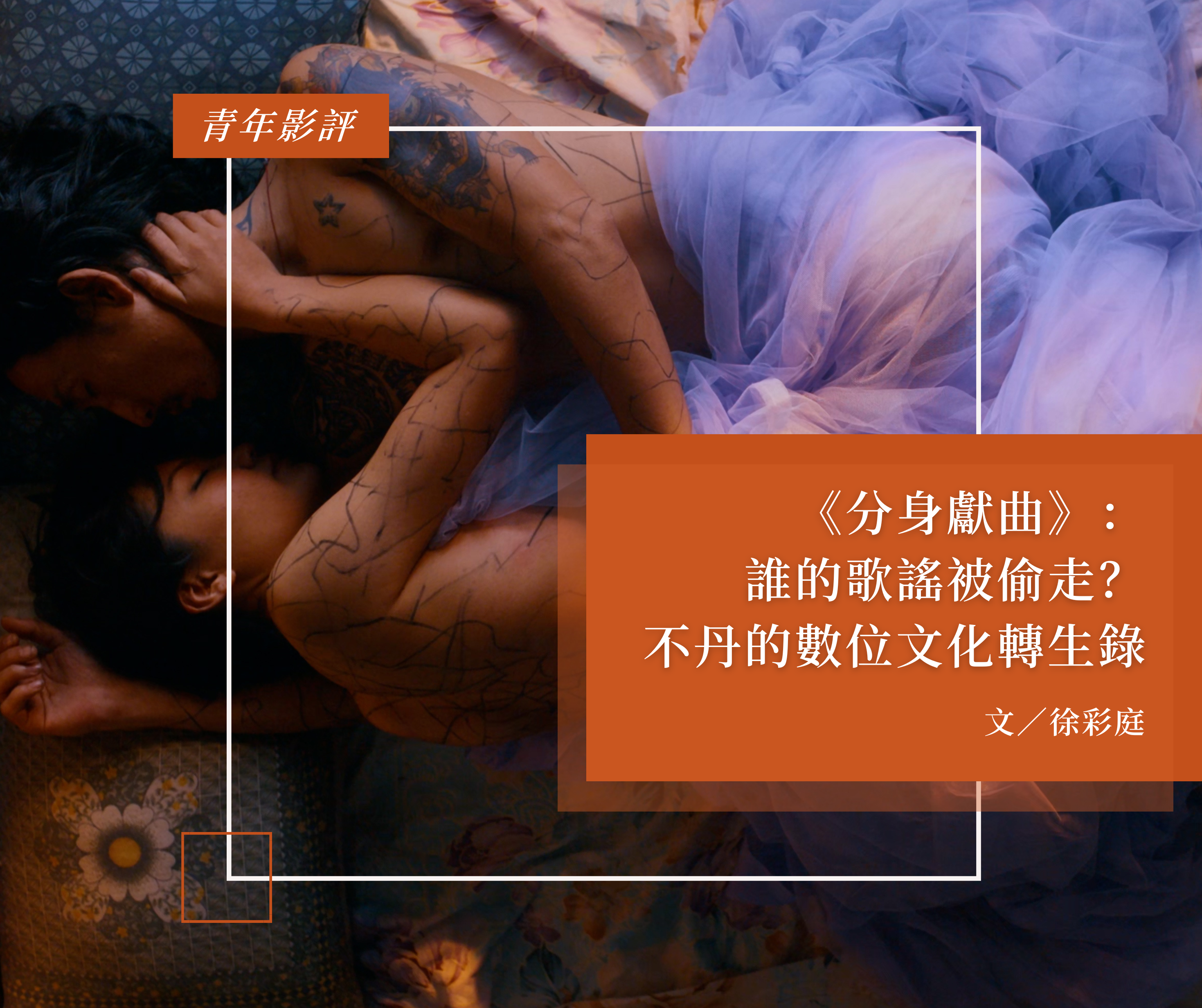Author | 徐彩庭
Nima took up a job as a teacher in Bhutan’s capital city Thimphu. She was gentle, quiet, and well-behaved, but also accused of being the star of a porn film. From classmates, family, and her boyfriend, no one believed Nima’s innocence, only because she and the girl in the video had the same face. Losing her job out of the blue and being ignored by her partner, Nima is determined to clear her name, and she sets out to find the actual star from the film. Hidden clues in the film lead her to a village in south Bhutan, where she quickly discovers the true identity of her mysterious doppelganger, a woman named Meto. However, nobody, including Meto’s ex-boyfriend, family, or former coworkers, is aware of her whereabouts. With the puzzle still unsolved, Nima finds herself dragged into even more mysteries: city folk stealing the songs of villagers, rituals in the woods, and dreams blending illusions with reality.
Bhutan, situated in the Himalayas, has a population of less than 800,000, and only opened itself to foreign travelers in 1974. With more than three out of four people practicing Tibetan Buddhism, deep religious roots, and a mysterious isolated atmosphere, Bhutan represents “the last Shangri-La” (idealistic paradise). At the same time, Bhutan’s government pays close attention to “gross national happiness,” earning Bhutan “the World’s Happiest Country” in turn. However, while foreigners see the country as a fairytale, in reality, it faces big, modern problems.
Director Dechen Roder said in a Variety report that Bhutan changed overnight from a culture reliant on traditional oral history to a visual-dominant society: “The speed of modernization is scary.” Through the stories of two girls and repetitive songs and ceremonies, I, the Song presents how Bhutan’s traditional culture has been transformed and reinvented in the 21st century. Furthermore, the movie uses doppelgangers to explore this phase of modernization, asking questions about identity choices and the meaning of life.
The movie’s inspiration came from two real life situations. First, the director’s own friend experienced the same dilemma as Nima, having been astonished to discover herself in a porn film. Second, the director heard a story about village residents accusing Thimphu of stealing their sacred songs, stripping them of their cultural meanings, and disrespectfully playing the songs on radio and television. The core of these two incidents point to the same predicament: the transmissibility of the digital era lets personal affairs be "stolen" and distributed, yet the victims have no way to pursue justice. With these secrets on the internet, regardless of in a geographical space or cultural context, they undergo a phenomenon similar to reincarnation: the appearance stays the same but the essence completely changes.
Nima and Meto’s connection is like an “uprooted” song: they may have the same face, but in reality, they are two different people. Nima is an intellectual who has studied abroad in New York, living a dull and alienated life in the capital. Meto comes from a remote mountain area, and she yearns to become a singer and go to the United States. However, once Meto puts undue faith in a friend, she suffers a major setback. Tandin Bidha, who played the lead female role, shared that in Bhutan, there’s a saying that people who go to the United States will completely transform and become another person; if a person suddenly disappears, they will say that that person “went to the United States.” Before Meto went missing, she borrowed money from her friends, claiming she was going to the United States. This seemingly echoes Nima returning home after studying abroad, suggesting Nima and Meto’s stories could form a connection between previous and present lives.
However, Meto’s departure and Nima’s arrival do not suggest the replacement of traditional culture by modern trends. Until the movie’s end, Nima racks her brain, going deep into dangerous situations in an attempt to find the culprit behind the shooting and distribution of the porn video, instead being met with an unexpected situation. Finally, the mystery is revealed, and the two identities switch once again, drawing a circle of fate.
In both movies and literature, doppelgangers often symbolize some kind of evil omen. For example, in the cartoon movie Perfect Blue, doppelgangers cause the main character’s life to fall into disarray, but once they’re destroyed, life returns to normal. Similarly, at the start of I, the Song, Meto plays the antagonist who troubles Nima, and Nima’s purpose of finding her is to “take back her own life.” However, Meto’s ex-boyfriend, Tandin, asked: “Why return back to your original life,” as if he’s questioning how worthwhile Nima’s old life really was, and why it was better than Meto’s. Tandin’s question and her recent journey let Nima feel proud of herself and scrutinize the past. In the end, she chooses to let go of her obsessions and coexist in harmony with another “possible face” of herself.
By the movie’s final scene, the woman with Meto’s name and Nima’s nature inherits tradition, but also firmly identifies with the spirit of the modern woman, bravely defending her own rights. I, the Song values tradition and originality, creating a bold breakthrough. Tandin Bidha said the film’s biggest challenge was not actually playing two characters, but the kiss: her kiss with Tandin was Bhutan’s first even onscreen kiss in its entertainment history. Living in traditional Bhutanese society, Bidha was unsure whether she could continue acting, but fortunately, the audience accepted the artistic interpretation.
I, the Song uses old folk stories of reincarnation and doppelgangers to respond to the problems brought forth by modern technology. Traditional and modern, folk songs and electronic music, capital and countryside, all of these seem like dual symbols. They await to be freed from the dichotomy imposed on them, to be tweaked, combined, and melded into a Bhutan more confident and determined in the future.
